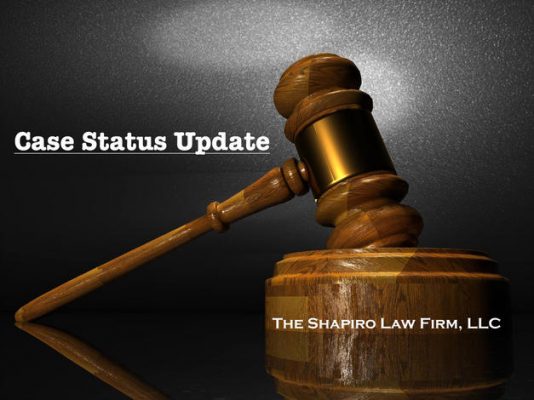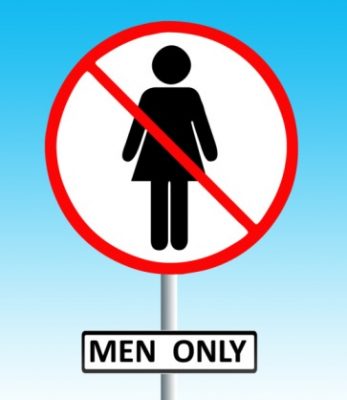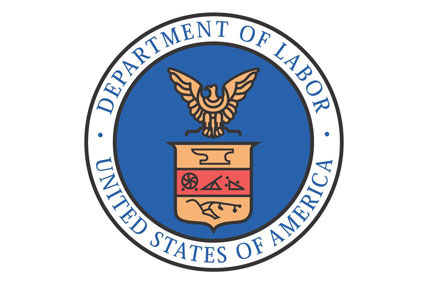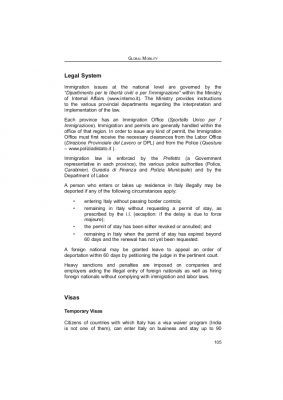Sexual harassment is a serious problem in the united States. It’s not just the employees victims of sexual harassment who suffer beatings emotional devastating for a long time, not only the harasser that you will feel during the next few years, the weight of the laws that prohibit sexual harassment. In a society whose attention is focused on eliminate cases of sexual harassment, how do we learn to differentiate between acceptable behavior for a situation of harassment illegal? In other words, how do we define sexual harassment? How do you review a court a claim for sexual harassment?
Definition
- In the context of federal, sexual harassment is considered a form of sex discrimination under Title VII of the Civil Rights Act of 1964. According to the Commission for Equal Opportunities in Employment (Equal Employment Opportunity Commission, EEOC), “unwelcome sexual advances, requests for sexual favors, and other verbal or physical conduct of a sexual nature represent sexual harassment when the occurrence or rejection of this conduct affects either implicitly or explicitly, the job performance of the individual, interferes unreasonably with the work performance of the individual or creates a work environment that is intimidating, hostile, or offensive”.
- There are two different types of claims for sexual harassment, although in recent years has blurred the way in which the court establishes the differences between the two for the purposes of deciding if it is a case of harassment:
- Quid pro quo: sexual harassment that occurs when a supervisor or a person in a position of authority requests sex or a sexual relationship in exchange for not firing or punishing the employee, or in exchange for favors, such as promotions.
- Hostile work environment: sexual harassment that occurs with the presence of photographs is of a degrading or sexual jokes or threats. The behavior or inappropriate conduct should be ubiquitous, so that, as the name implies, generate a work environment that is intimidating and offensive.
- Each state has different protections against sexual harassment. For example, Alabama allows an employee to sue an employer for sexual harassment under a theory of invasion of privacy. In comparison, the Vermont law requires that each employer adopt a policy against sexual harassment cases. Other states have no specific laws which prohibit or punish sexual harassment cases.
How to Apply the Definition
- While it is easy to define sexual harassment, it is very difficult to apply that definition to a set of particular facts. The views of the courts may appear to be inconsistent at the moment to resolve if there was a situation of sexual harassment. Sometimes, courts take different decisions with facts very similar. This occurs particularly in cases of hard environments in which to verify that there was a sexual harassment situation is more difficult in situations of quid pro quo.
- The Supreme Court of the united States has established that employers may defend themselves in cases of hostile work environment presented by a supervisor or employee of level of management with the argument that it implemented reasonable action to prevent sexual harassment and made efforts to correct harassing behavior. Employers also may argue that they are not responsible in the event that an employee has not taken the opportunity to inform or take action to file a complaint about incidents of sexual harassment.
Factors Review
The factors that a court will consider in hostile work environment include:
- frequency of the alleged inappropriate behavior;
- severity of the behavior;
- conduct of the victim;
- context of the alleged harassment;
- size of the company, of the employer;
- the nature of the company of the employer;
- in a claim of hostile work environment, if a reasonable person in the place of the plaintiff would have considered that the environment was hostile.
Demystifying Sexual Harassment
- Only the women suffer sexual harassment. This is not true. The courts have already established that a man can suffer from harassment by a woman, although this situation is less frequent than a case of a man who harasses a woman.
- A woman can’t harass another woman and a man can’t harass another man. This is not true. The Supreme Court of the united States recognized that sexual harassment may occur between persons of the same sex.
- Sexual harassment can only occur in the workplace. This is not true. The Supreme Court of the united States established that the teachers, professors, and other individuals with authority in school systems (including universities and tertiary institutions) may sexually harass students. Although the case is stipulated under Title IX of the Educational Amendment of 1972, in place of the Title VII of the Civil Rights Act of 1964, the conclusion was the same: a teacher can sexually harass a student.
- Only supervisors or those in positions of authority can be bullies. This is not true. A harasser can be a coworker and, in some cases, a third party, such as an agent or a client of the employer. What is important is if the employer knew or should have known of the behavior harassing and not acted properly.
How to Obtain Legal Assistance with a Problem of Labour Rights
Employees have many rights in the workplace established in both the federal and state laws. If you believe that your rights have been violated in the employment context, in their best interest may be to contact a lawyer who specializes in employment law, who will explain your options and protect your legal rights.










